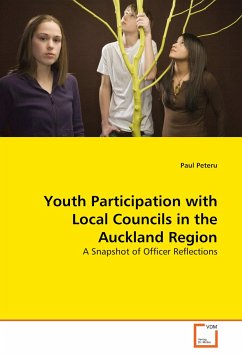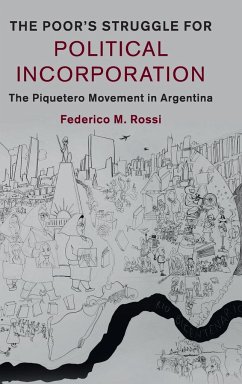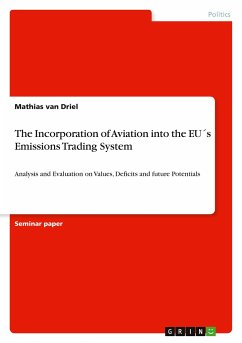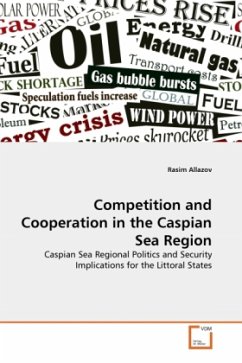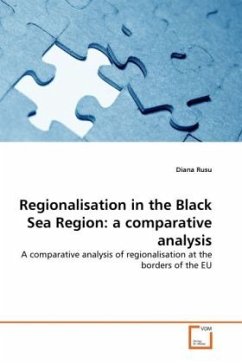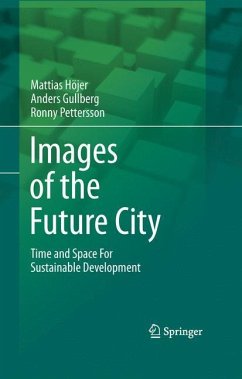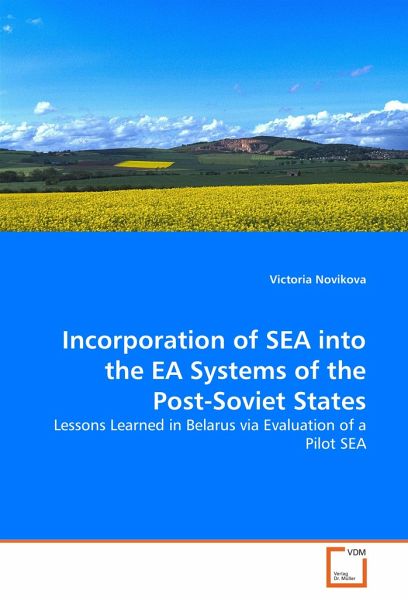
Incorporation of SEA into the EA Systems of the Post-Soviet States
Lessons Learned in Belarus via Evaluation of a Pilot SEA
Versandkostenfrei!
Versandfertig in 6-10 Tagen
39,99 €
inkl. MwSt.

PAYBACK Punkte
20 °P sammeln!
Strategic Environmental Assessment (SEA) is a decision-aiding tool for evaluating likely significant environmental impacts of strategic-level development activities. The states of the former Soviet Union (fSU) are in the process of incorporating this tool in their environmental assessment (EA) systems which evolved from the so-called SER/OVOS system inherited from the Soviet Union and contain only very non-specific provisions for SEA. Belarus, a transitional fSU country, is also in the process of reforming its planning and EA system in line with international requirements and thus in the proce...
Strategic Environmental Assessment (SEA) is a decision-aiding tool for evaluating likely significant environmental impacts of strategic-level development activities. The states of the former Soviet Union (fSU) are in the process of incorporating this tool in their environmental assessment (EA) systems which evolved from the so-called SER/OVOS system inherited from the Soviet Union and contain only very non-specific provisions for SEA. Belarus, a transitional fSU country, is also in the process of reforming its planning and EA system in line with international requirements and thus in the process of incorporating SEA for the assessment of its strategic activities. To understand the functioning of the EA system within the context of a transitional fSU country and to determine the possible ways of incorporating SEA there, the book presents an evaluative methodology for SEA and demonstrates the ways the methodology can be adjusted to the context of the country where it is applied. The results of this study may provide important information for other fSU states which possess similar EA systems and face similar challenges of aligning these systems with principles of good governance and sustainable development.



